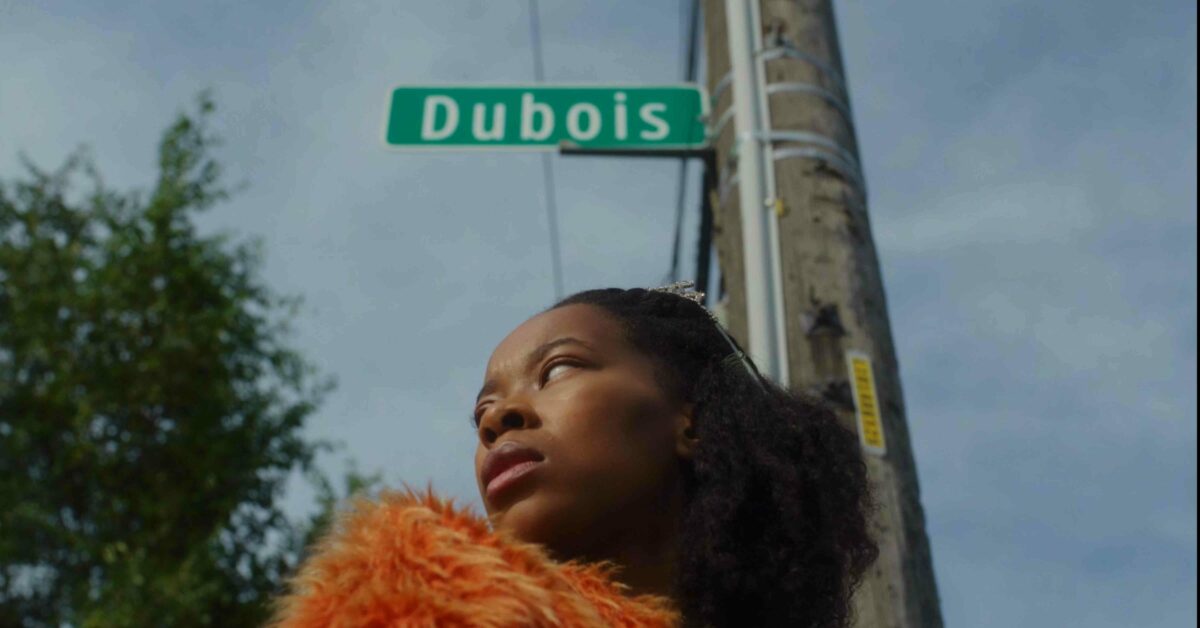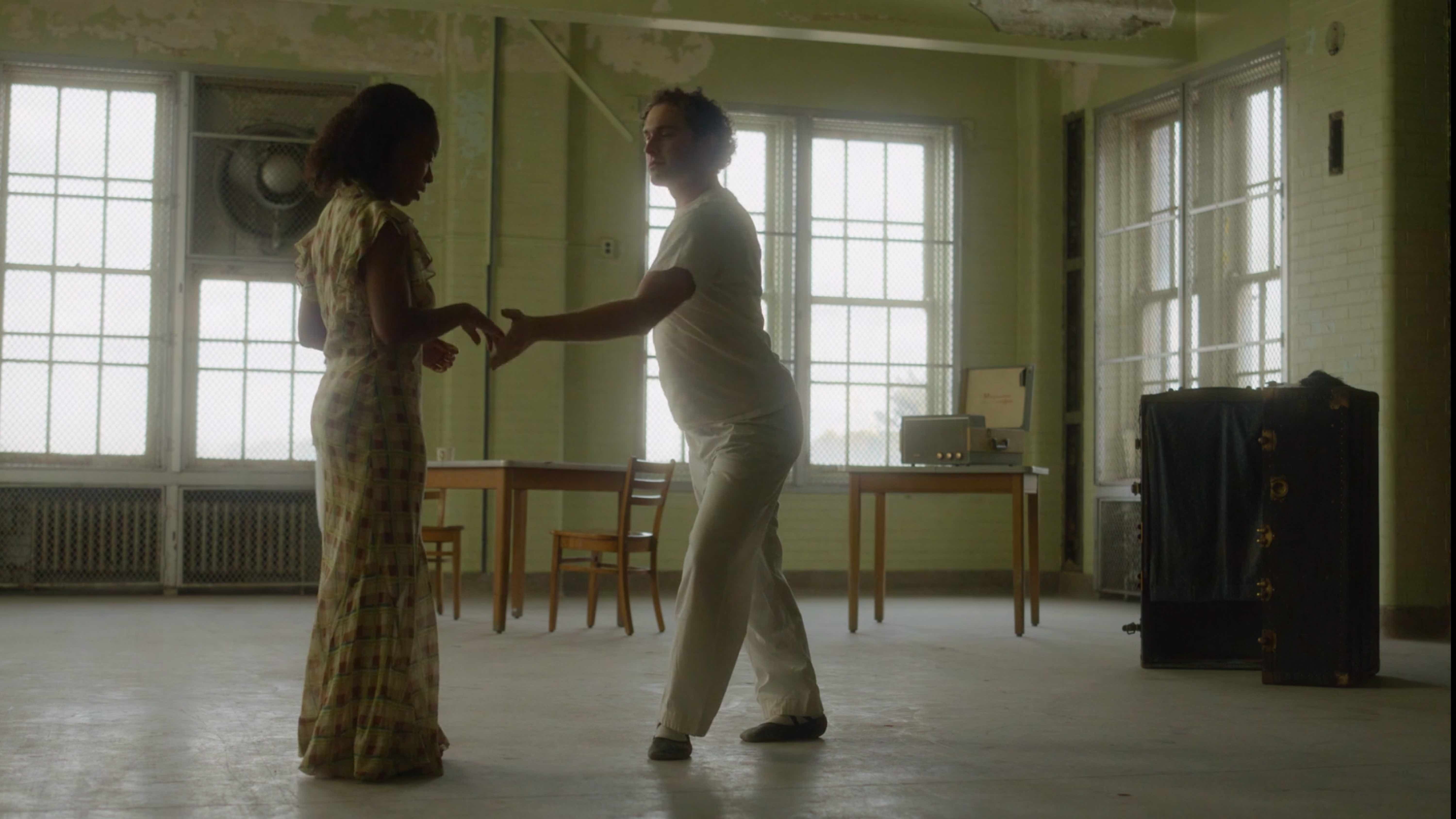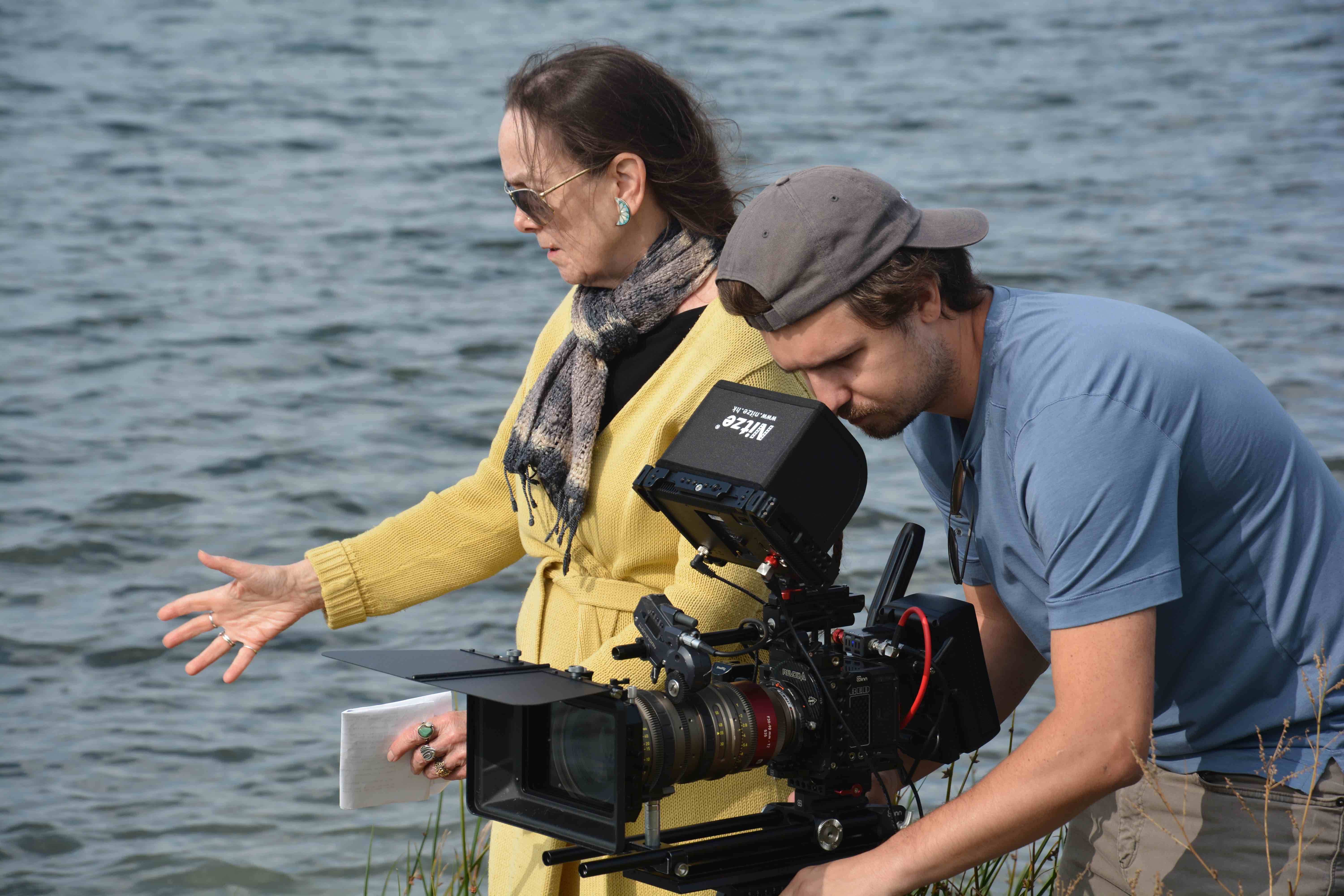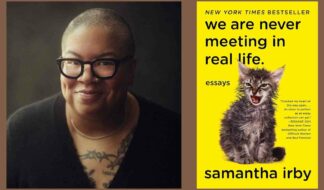The Michigan-Made Film Revealing Hidden Layers of LGBTQ+ Relationships Censored From 'A Streetcar Named Desire'
Filmmaker Barbara Neri reimagines the classic film — with plans on entering Cannes

Classic stories often compel us to tell and retell them from multiple perspectives. Just ask Barbara Neri, who has been discovering new complexities in Tennessee Williams’ “A Streetcar Named Desire” for more than a decade.
On Saturday, March 16, audiences are invited to a free event at The Scarab Club in Detroit, where Neri will reveal the latest regarding her deep exploration of the play, in which LGBTQ+ relationships, climate change, mental health, Hurricane Katrina all intersect.
The highlight of the event will be the unveiling of “Unlocking Desire,” a soon-to-be-made art house film based on the play of the same name that was performed at the Marlene Boll Theatre in 2011. Attendees will experience a concept trailer, visual art related to the film, two scenes shot on Belle Isle and Detroit’s Dubois Street, poetry read by actors and a ballad by Paul Bowles with lyrics by Tennessee Williams. They will also learn about opportunities to get involved. Neri is holding the event in hopes of attracting investors and donors and finding people to be involved on screen and behind the scenes, including LGBTQ+ people.
The feature-length film is a mystery centered on an institutionalized woman who claims to be the iconic heroine Blanche DuBois from “A Streetcar Named Desire.” It appears to pick up where the play ended, but viewers soon discover she is not who she says she is and that there are many complexities and twists.
The popular 1951 movie starring Vivien Leigh and Marlon Brando based on the classic Williams’ play excised all mention that Blanche’s husband was gay and that he committed suicide after she discovered him with another man. That aspect was censored despite its central role in the play. Neri restores that importance, bringing in a character named Raoul, a gay man.
“The story of Allan was censored out of the movie,” Neri said. “There was no mention that he was homosexual and why they married. All of that is gone. It’s in the play. It struck me that I had to figure out a way to bring that story out, to revisit it.”

In “Unlocking Desire,” Blanche meets Raoul in the institution and is convinced that he is the incarnation of her former husband, Allan, with whom she must make peace. She is so fierce that Raoul gives in and pretends to be him.
“They get a chance to talk about what happened,” Neri said. “Through film magic, they’re transported to the porch of an antebellum mansion where they are in altogether different costumes. That’s where they speak, and it’s transformative and sobering for them. They’re different after that. Raoul is different because of what he couldn’t face — he now does — and Blanche has peace.”
The kernel for “Unlocking Desire” was planted when Neri was performing a one-woman show about English poet Elizabeth Barrett Browning and heard the line from one of her sonnets quoted in “A Streetcar Named Desire.” Shortly after that, Hurricane Katrina happened and conservative pundits were saying that New Orleans got what it deserved because it was a wicked city. She was struck by the aftermath and the betrayal of the people who lived there, particularly the African American communities.
“It all started coming together for me, and I felt that Blanche was very much New Orleans,” Neri said. “The way that she was treated by Stanley and Mitch was very much like how New Orleans was treated. These things started coming together for me and I just started writing.”
It is one of the reasons it is essential to her that the Blanche of her play and the film be played by a Black woman and that many of the characters in the story are Black — it is the story of their betrayal.
This includes a character named Ozzie, a woman with voodoo powers. She is based on Williams’ childhood nursemaid, a Black woman who often told him stories and influenced his later work.
“The minute I learned about Ozzie, I knew she was going to be a character that I would create here,” Neri said. “She told Williams a lot of fanciful stories when he was a boy, but her influence has never really been given its due, so I wanted to highlight her.

Neri’s play had a successful launch, but it was soon followed by the Supreme Court ruling that legalized same-sex marriage, so Neri moved on to other projects, feeling the time for this story had passed. However, the pendulum swung, and society is once again in a time where LGBTQ+ rights and well-being are under threat.
“The anti-trans legislation, the murders that are going on is deeply tragic,” Neri said. “So this story and its relevance has come around again. It needed to be a film and reach a bigger audience.”
A friend suggested she adapt it to a screenplay — which she did. In 2017, she submitted the screenplay to the Marfa Film Festival in Texas, where it was read by actors and received acclaim. The pandemic put a halt to its production, but it is now back on track and Neri is working on getting it made into a full-length film in time for the Cannes Film Festival.
In addition to the timeliness of the issues that “Unlocking Desire” addresses, Neri said there is a universal element that draws us to stories like this — stories that play with the “what ifs” of seminal characters from classic literature.
“Iconic writers like Williams and their characters just stay with us long after we witness the perfect tragedy,” Neri said. “Their stories offer us escape from our own. But sometimes we just have to revisit them. We can write new stories and explore what happened. What’s the back story? What’s the new story?”
Having explored one possible new story for Blanche Dubois, Neri now hopes people will join her in bringing it to the screen.









